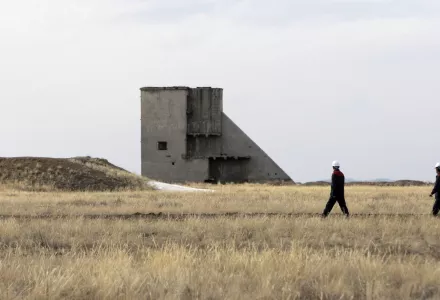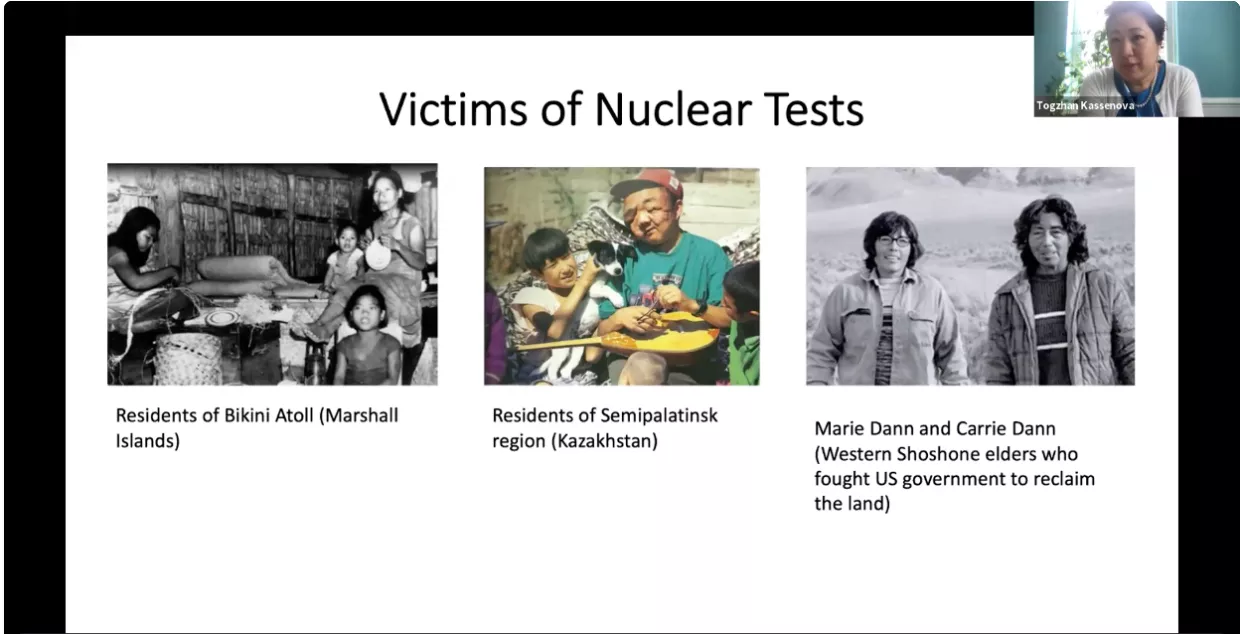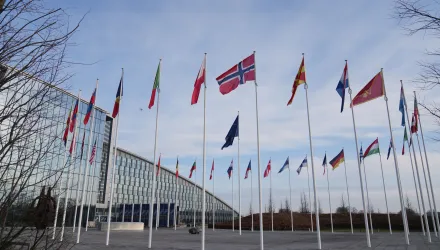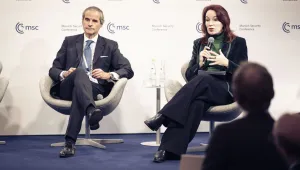Aditi Verma is a Stanton Nuclear Security Postdoctoral Fellow at the Belfer Center's Project on Managing the Atom and the International Security Program. She is broadly interested in how nuclear technologies specifically and complex technologies broadly—and their institutional infrastructures—can be designed in collaboration with publics such that traditionally excluded perspectives can be brought into these design processes.
Prior to her current appointment, Aditi worked at the OECD Nuclear Energy Agency, where her work, endorsed and funded by policymakers from the NEA member countries, focused on bringing epistemologies from the humanities and social sciences to academic and practitioner nuclear engineering, thus broadening their epistemic core.
Aditi holds undergraduate and doctoral degrees in Nuclear Science and Engineering from MIT. Her doctoral research, funded by the Sloan Foundation and a Spira Fellowship, combined theoretical and methodological resources from design studies and sociology to study how reactor designers make decisions in the foundational early stages of design, particularly those bearing on safety. Aditi has also previously held positions at the International Atomic Energy Agency, Framatome (formerly Areva), and the Center for the Study of Science, Technology and Policy.
Mareena Robinson Snowden, PhD is a senior engineer in the National Security Analysis Department at the Johns Hopkins Applied Physics Laboratory. Her current research portfolio includes future nuclear weapon systems, nuclear crisis issues, and new technology for surface warfare. Prior to joining JHU APL, Mareena was a Stanton Nuclear Security Fellow with the Nuclear Policy Program at the Carnegie Endowment for International Peace, where her research focused on nuclear arms control verification and nonproliferation. She has also served as an NNSA Graduate Fellow in the Office of Major Modernization Programs. Robinson Snowden earned her PhD in nuclear engineering from MIT in 2017, and her B.S. in physics from Florida A&M University in 2011.
Hugh Gusterson is professor of anthropology at the University of British Columbia. He is the author of the books Nuclear Rites, People of the Bomb, and Drone as well as five edited volumes, and he has written for the Bulletin of Atomic Scientists, Sapiens, American Scientist, the Washington Post, and other media outlets. He is also past President of the American Ethnological Society.
Vincent Intondi is a Professor of History and Director of the Institute for Race, Justice, and Civic Engagement at Montgomery College in Takoma Park, Maryland. From 2009-2017, Intondi was Director of Research for American University’s Nuclear Studies Institute in Washington, DC. Prior to teaching at Montgomery College, Intondi was an Associate Professor of History at Seminole State College in Sanford, Florida. Intondi regularly works with organizations exploring ways to include more diverse voices in the nuclear disarmament movement. His research focuses on the intersection of race and nuclear weapons. He is the author of the book, African Americans Against the Bomb: Nuclear Weapons, Colonialism, and the Black Freedom Movement with Stanford University Press.
Dr. Togzhan Kassenova is a senior fellow with the Project on International Security, Commerce, and Economic Statecraft (PISCES) at the Center for Policy Research, SUNY-Albany. She is an expert on nuclear politics and financial crime prevention. Kassenova holds a Ph.D. in Politics from the University of Leeds and is a Certified Anti-Money Laundering Specialist (CAMS). From 2011 to 2015 Kassenova served on the UN secretary general’s Advisory Board on Disarmament Matters.





